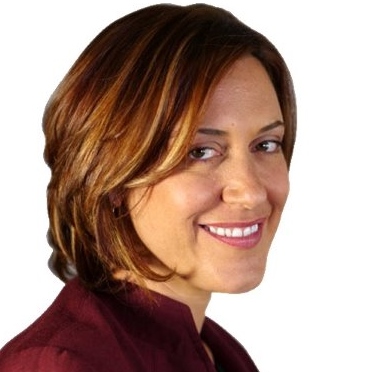
News

Third Israeli election in a year – one big yawn
PAULA SLIER
The latest public opinion surveys show Prime Minister Benjamin Netanyahu’s Likud party overtaking Benny Gantz’s Blue and White for the first time since the most recent round of elections were called for.
But even this doesn’t significantly change the size of the parties. They remain deadlocked, with neither able to form a majority coalition government. The deciding factor – if any – will be voter turnout, which has become increasingly difficult to predict. Most Israeli voters are disinterested and more disgusted with their politicians than ever before.
A lot has happened since the previous election in September. In November, Netanyahu was indicted for fraud, bribery, and breach of trust. He is the first prime minister in Israel’s history to be indicted while in office.
Last month, American President Donald Trump revealed his much-touted peace deal that Palestinians immediately slammed as “the slap of the century”. And just this week, Netanyahu announced that he would re-open a long dormant controversial project to build 3 500 homes east of Jerusalem.
The prime minister made similar pledges before both previous votes. In April last year, he said he would annex all current settlements, and in September, he promised to go further by claiming sovereignty over a third of the entire West Bank. But these efforts didn’t translate into changing numbers.
In another effort, he reportedly hired a private intelligence firm to dig up dirt on Gantz. Netanyahu denies the claims, and Gantz denies any wrongdoing in alleged shady business deals between the Fifth Dimension cybersecurity firm he headed until last year and the Israeli police. As things stand, the state prosecutor’s office may advise the attorney general to launch an investigation.
This dirty political tit-for-tat means that even if Gantz is found to be clean, he has now been stained with uncorroborated allegations of corruption. No surprise then that Israeli voting apathy is on the increase.
Netanyahu, whose own corruption trial begins on 17 March, took a jab at Gantz by posting a tweet that, “this is a sad evening for the State of Israel”. It was identical to a tweet Gantz himself had posted two days earlier after the opening date of Netanyahu’s trial had been announced.
Three elections in one year have exhausted any real content of the political parties under discussion. When I talk to Israelis, most tell me the elections are about whether or not to keep Netanyahu in office. Not only is there voter fatigue, there is also “Bibi fatigue”.
Meanwhile, the Arab Joint List, an electoral alliance of four predominantly Arab-Israeli parties, is hoping to repeat – or even improve on – its showing in the last election, when it won 13 seats. Anger at the Nation State Law, which defines Israel as an exclusively Jewish homeland, was a key reason for increased Arab turnout in September. Many pundits suggest that anger against Trump’s plan will potentially make that number even higher.
A growing number of Israeli Jews, long-time supporters of Zionist parties such as Labour and Meretz, are reportedly planning to break ranks and, for the first time in their lives, vote for the Joint List next Monday.
If in the past Arab parties could count on Jewish voters to hand them the equivalent of a single Knesset seat, now they could win as many as two thanks to disillusioned and angry leftwing Jewish voters.
For the first time ever, the Joint List is also going after the ultra-Orthodox community with campaign adverts in Yiddish. While at first it might seem strange that a haredi Jew would vote for an Arab party, both share common grievances such as ostracisation from mainstream Israeli society for not serving in the military. Adverts placed in religious neighbourhoods declare, “Your vote against the compulsory draft.”
As part of this intersectionality campaign, the Joint List has also been targeting Ethiopian Israelis, another community where it has identified common ground. Arabs and Ethiopian Jews suffer disproportionately from police brutality. The billboards, in both Hebrew and in Amharic (the Ethiopian language), declare, “Your vote against police violence.”
None of this should surprise anyone. Yesterday I walked past a high-profile meeting happening in broad daylight in front of the television building in Tel Aviv. Likud member of parliament Miki Zohar was chatting with prominent Arab politicians. Such co-operation is common in Israel – you give us votes, we’ll give you benefits.
All of this comes against a flare-up in violence between Israel and Gaza over the past few days. At the moment the situation is calm, and Netanyahu has threatened strong retaliation if it erupts again.
The hostilities began on Sunday when Israel came under an intense barrage of rockets. According to the Israeli army, 26 rockets were fired from the Gaza Strip and 13 were intercepted by the Iron Dome missile defence system.
Later on Sunday night, six people were reportedly killed in midnight airstrikes in Syria. The Syrian army said that the strikes emanated from an Israeli aircraft that operated outside its airspace. Islamic Jihad later confirmed that two of the dead were their operatives, while the independent Syrian Observatory for Human Rights said four others were from Iran-backed militia.
Normally such violence would have been welcomed by the prime minister just days before an election, but now Gaza is an embarrassment that is best swept under the table. Like the elections, the Israel-Gaza situation is more of the same – one big yawn.




